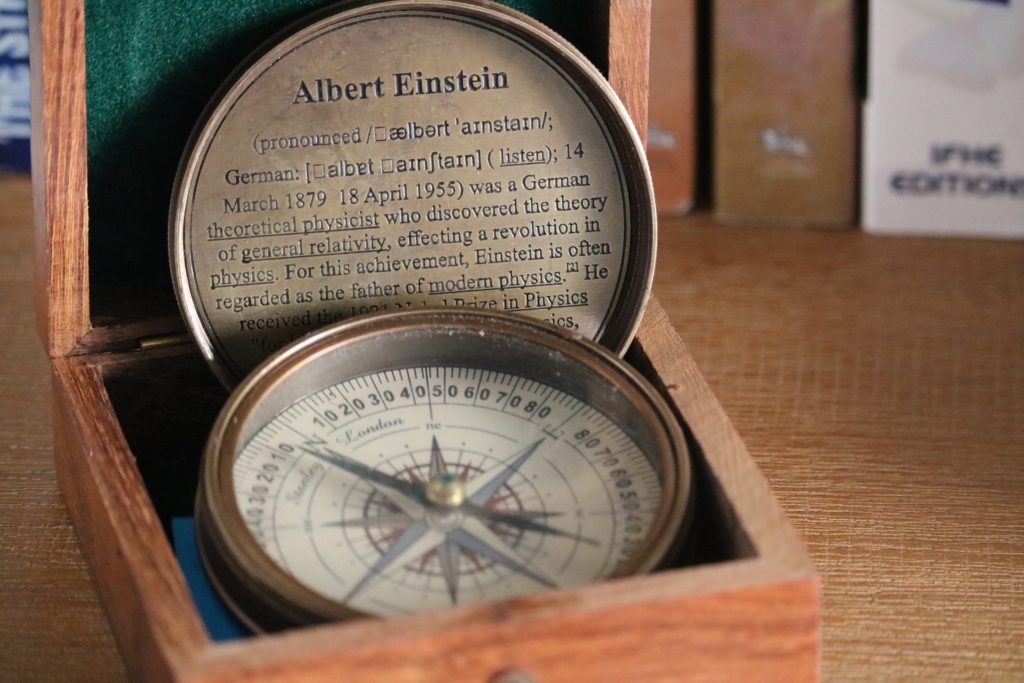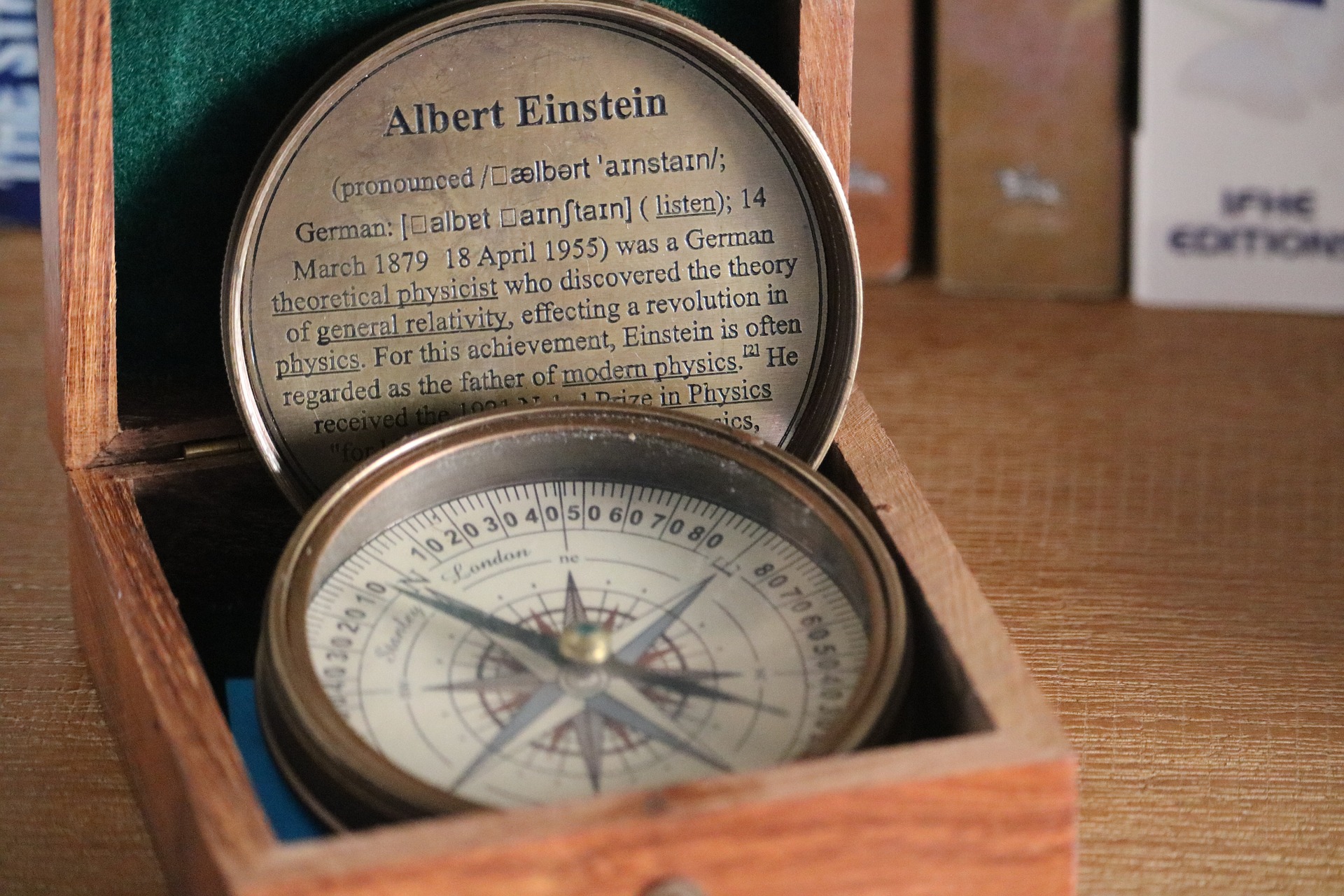 One of my readers suggested I treat the relativity theory of truth that many generation Y people have adopted, so that is my goal here today. This morality “theory” is often expressed this way, “What works for me is true for me and what works for you is true for you.” It strikes me first of all as a simple, true statement. We each have our perception of life, our world view, our philosophy, or our religion — whatever you may want to call it. Every human being lives within the belief system that he has adopted. That is his world view, and we are therefore all believers in that very real sense. We have no choice but to look at life through the glasses we have chosen to wear. But what we believe in, is what we believe. No problem.
One of my readers suggested I treat the relativity theory of truth that many generation Y people have adopted, so that is my goal here today. This morality “theory” is often expressed this way, “What works for me is true for me and what works for you is true for you.” It strikes me first of all as a simple, true statement. We each have our perception of life, our world view, our philosophy, or our religion — whatever you may want to call it. Every human being lives within the belief system that he has adopted. That is his world view, and we are therefore all believers in that very real sense. We have no choice but to look at life through the glasses we have chosen to wear. But what we believe in, is what we believe. No problem.
Actually we all live in that space between reality and perception and there is little we can do about it. We have no choice but to receive the information our senses give us and to direct our lives using those limited sources.
“What Works for Me is True for Me”
[edsanimate_start entry_animation_type= “” entry_delay= “” entry_duration= “” entry_timing= “” exit_animation_type= “bounce” exit_delay= “0” exit_duration= “0.5” exit_timing= “linear” animation_repeat= “1” keep= “yes” animate_on= “hover” scroll_offset= “” custom_css_class= “display-right-inline”] [edsanimate_end]
[edsanimate_end]
If I understand the generation Y people correctly, they are saying (often without saying it out loud) that moral truths are relative because there is no way to identify absolute moral truth. The assumption then, is that there is no basis for morality that we can all agree on. So we are left to “what works for me”, and that makes sense IF that underlying assumption is correct. I think it is not.
The Physics of Morality
So the basic question here is whether there is some objective basis for a moral compass, some part of our universe that we all experience in a similar way so we can easily agree on it. The “what works for me” idea assumes that moral compasses have to be subjective. Not so.
[click_to_tweet tweet=”‘Good’ and ‘bad’ is about human rights. Good actions respect rights.’Bad actions violate them. An analysis of rights shows there is a physical basis for them. So there is an path to agreement on what is right and wrong.” quote=”The basis for ‘good’ and ‘bad’ can be traced directly to human rights. ‘Good’ actions respect rights. ‘Bad’ actions violate them. An analysis of rights shows there is a physical basis for them. So there is a path to agreement on what is right and wrong.”]
Moral standards are all about OK actions and not OK actions. That applies to relationships between people and to the full range of human actions from sexual immorality to misuse of the environment, and to the thousands of actions in between. These actions are the subject of the laws written by the nations of the earth.

So here’s the bottom line: if an understanding of natural, human rights shows that we can derive those rights from the physical realities of our nature as human beings, then we have a physical science basis for morality. We have a physical foundation for right and wrong that can bring us much closer to agreement on what is good and what is not.
Narrowing the Scope
While it seems that this way of constructing an ethical or moral standard makes a great deal of sense, it also seems very difficult to apply this method across the full range of human actions. Such a moral system would first require an extensive study of all natural rights which in turn would require an extensive comprehension of all human capabilities. That could generate a whole series of books.
However, it also makes sense to establish a moral system limited to drafting laws. With that limited scope, we might well succeed. So let’s have a look.
Extending the Laws of the Universe into Legislation

The planets are held in orbit by the power or authority gravity exerts upon them. Such is the capability and rights of gravitational objects. A right can be found by identifying its corresponding capability. “If you can do it you have the right to do it” is the method expressed tersely. Extending this concept to humans is simple and effective.
Natural human rights are just a recognition of ones authority over oneself because our capabilities include a profound self-awareness and the ability to reason. In this context, it is clear that good laws protect natural rights and bad laws violate them. It’s really quite simple, and it corresponds well with the idea of equal rights wherein one citizen cannot violate his neighbors rights with impunity.
There are two foundational principles upon which we must rest this physics-based moral standard:
- No law may infringe natural human rights.
- No law may grant privileges to one citizen and withhold them from another, or give one citizen authority over another.
These are both stated in the negative as a guide for legislators who have a disasterous habit of legislating way too much.
The first one protects rights by reminding congressmen that all laws are about rights. If the proposed law doesn’t obviously address rights (like a gasoline tax that limits its use to construction and maintenance of roads) then this principle should motivate legislators to study until they find the connection to rights. In this example the tax affects the right to personal property (your money) so the first principle applies. The construction of roads could easily be manipulated to violate the second principle. In fact, in the practical application of building roads, equal rights will be violated. No one wants a gasoline tax high enough to make all roads equal. There are always compromises in the real world. (And gravitational fields have their perturbations.)
The second principle is a negative statement of the principle of “equal under the law” which is also the only path to a classless society. Unfortunately, there are many voices in our congress who celebrate its violation. Laws cannot lift one class of people without violating the other classes.
Extremes Illustrate the Principles
We are hearing strange and mysterious things like “We have a right to not be offended so we must punish people who are offensive.” Well, they don’t use exactly those words, of course, but that’s the upshot of their demands. It is difficult to imagine laws more ill-founded or more likely to create division among citizens.
If you have a right to not be offended, then it is my duty to see that you are happy and content. I am your body slave. This is not protection of human rights.
They also want to write anti-discrimination laws, for example, that first define a class to be “protected” and then grant them authority over other citizens. Colorado, California, Oregon and other states are embroiled in forcing bakers into involuntary servitude so as to assure that all citizens have equal access to their services. It is equivalent to “Yes sir, I will pick your cotton because if I don’t you will beat me.” It is also saying customers have more rights to your skills than you do. These are bad laws because they deliberately violate human rights.
How to Apply This Moral Code
If those who are charged with drafting and reviewing legislation were instructed to apply the two principles above and to report any suspected violations, we could go a long way toward reining in our runaway government. These reviews already include attempts to find conflicts with previous legislation so this should not be an expensive exercise. The problem remains, unfortunately, that we must find and elect representatives who will see to it that our rights are protected as they promised when they took the oath of their office.
So the real issue is educating the citizen. And that’s what this post was about.



